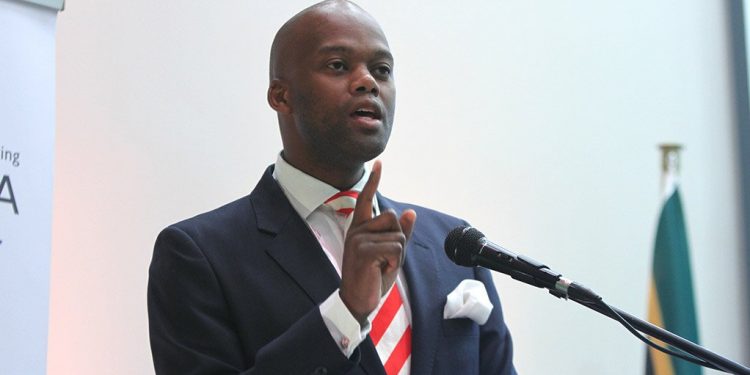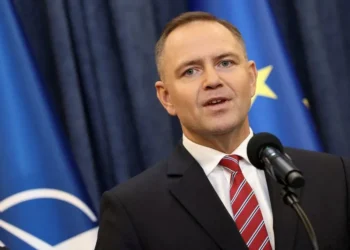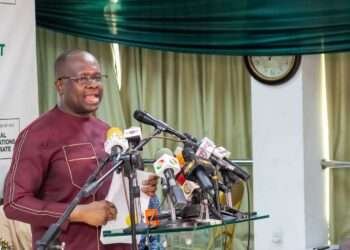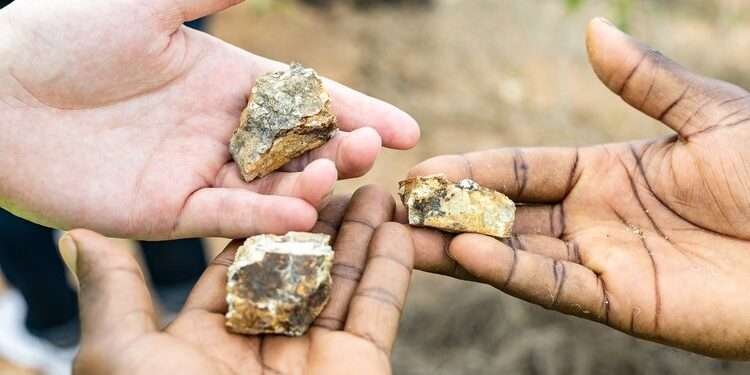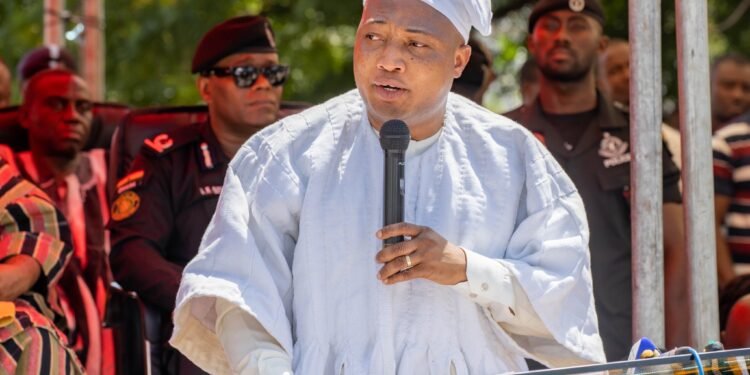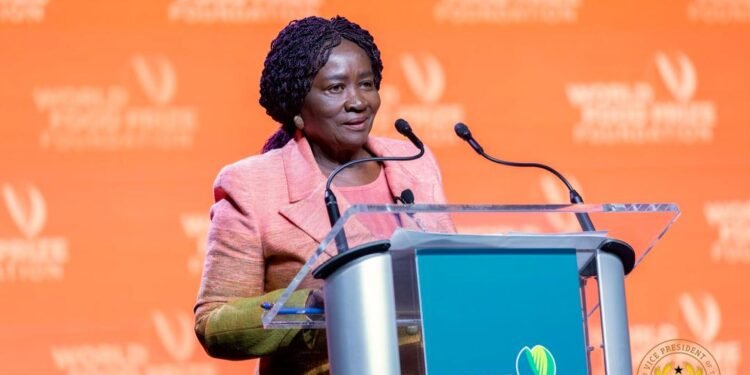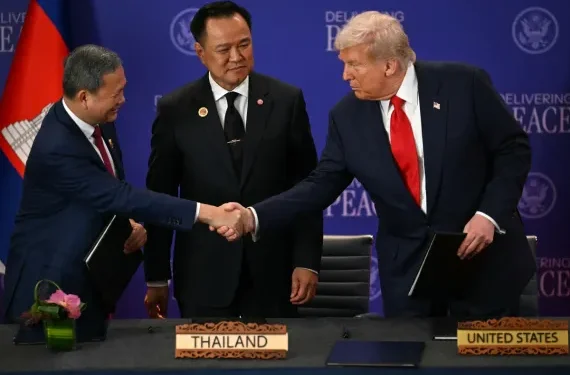Secretary-General of AfCFTA, Mr. Wamkele Mene has disclosed that the African Continental Free Trade Area (AfCFTA) Agreement will invariably work assiduously for indigenous businesses and Africa by extension.
According to him, the commencement of the AfCFTA was a momentous day for the African continent as it took a step closer to a vision of an integrated Africa and boosting intra-African trade and eventually creating a single market.
He further noted that the African Union has reassigned all functions related to the African Continental Free Trade Area (AfCFTA) Agreement from Addis Ababa, Ethiopia to Accra, Ghana.
“We have embarked on a journey of making the AfCFTA work for Africa and make it work for small businesses, women in trade and young Africans”.
Speaking at a Business Forum at the commencement of AfCFTA Trading in Ghana, he noted the decision taken by the Heads of State and Governments from various countries positions Ghana as an entry to trade and investment in Africa.
“The Secretariat gave practical meaning to Ghana’s long standing ideals to Pan-African. I am truly proud to be part of the historic journey that Ghana has begun to pioneer for the African continent”.
Mr. Mene also said, the Secretariat was determined to eliminate tariffs and non-tariffs barriers on trading in Africa, “because African countries were collectively undertaking commitments to liberalize significantly by eliminating tariffs by 97 percent”.
Commending the government of Ghana for their dedication to the implementation of the Agreement, he opined that Ghana continues to lead and assert her pledge to a cohesive market on the African continent.
Additionally, he said “54 countries out of 55 have signed the Agreement with 34 depositing their instruments of ratification with Nigeria being the 34th country to conclude it on the morning of December 5, 2020”.
Minister of Trade and Industry, Mr. Alan Kyeremanten, on his part, disclosed that the Ministry has steered a series of sensitization programmes for the private sector to take advantage of opportunities.
“We have also developed a National Action Plan or Programme, which provides detailed activities to support the private sector”.
Meanwhile, the chief strategist of AfroChampions, a regional public-private partnership promoting impactful regional investments by African multinationals, Michael Kottoh has called for additional information broadcasting about the agreement from government and other stakeholders.
According to him, the crucial thing is for businesses in Ghana to try to obtain from government the list of the products which Ghana has negotiated to trade under the agreement.
“That’s the most important thing. It’s not every product that necessarily qualifies to be traded under the agreement. The second thing is to understand the different countries in Africa that are currently trading under the agreement because it is not all African countries that are joining the start of trading right away.
“The third thing they need to know is to try to understand exactly what the export processes look like. If for example, I want to export some shea butter from Ghana to Kenya, exactly what is the process that I need to go through? By the process I mean what are the tariffs that are applying under the agreement for this particular product and what do I need to do in order to get the product to get to Kenya. We need more information to be provided by government and key agencies involved in this. But businesses should also get proactive and try to get information on it as much as possible”.
READ ALSO: AfCFTA to reduce trade costs by 4.3%



